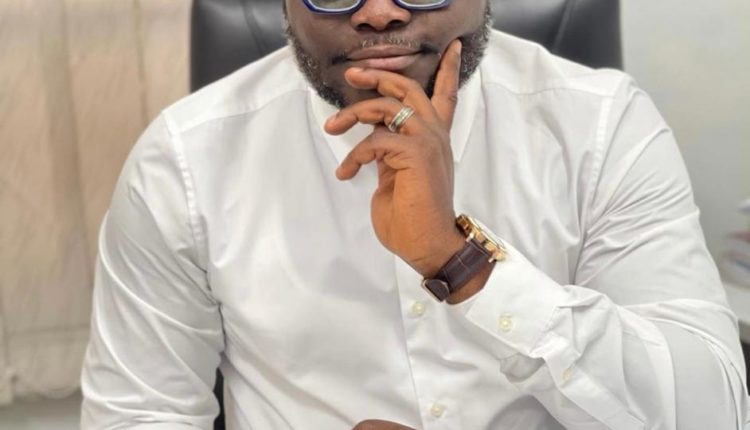Host of Pan African Television’s Good Morning Africa show, Kwame Owusu Danso has underscored the need for judges to exercise the highest amount of impartiality when administering judgement.
This he opined is the only way the eroding confidence in Ghana’s Judiciary could be restored.
His comments come on the back of caution to Ghanaian judges by National Security Minister, Albert Kan Dapaah over the growing belief that they are bias in their judgement.
This sentiment of the Minister is also shared by Security Analyst, Col. Festus Aboagye (rtd) who emphatically stated that recent judgments by Ghana’s apex court make it easy for a section of Ghanaians to be doubtful over the fairness of their verdicts.
Quoting celebrated Master of Rolls at the House of Lords, Lord Alfred Thompson Denning, Mr. Danso revealed that “Justice must be rooted in confidence and confidence is destroyed where right minded people go away thinking ‘the judge was biased’.”
This he followed by making a paragraph-by-paragraph microscopic analysis of the Code of Conduct for Judges and Magistrates.
“UPHOLDING THE INTEGRITY AND INDEPENDENCE OF THE JUDICIARY states that – An independent and honorable judiciary is indispensable to justice in our society.
A judge should maintain and enforce high standards of conduct, and should personally observe those standards so that the integrity and independence of the judiciary is preserved.”
Commenting on the above rule, the media practitioner was very elaborate regarding the indispensable role “perception” plays in ‘determining whether or not an individual is acting in variance with the constitution.’
“How else would you be able to determine whether or not judges are upholding their integrity and independence?”, he queried.
Mr. Danso in a response to his own question eloquently emphasized that it is as a result of the number of cases that have been decided upon by those judges whose verdict in the final analysis can make it abundantly clear to an individual whether the judge has been impartial or otherwise.
Speaking on the second rule which states that “A judge shall respect and comply with the law and should act at all times in a manner that promotes public confidence in the integrity and impartiality of the judiciary”, Kwame Owusu Danso again stressed that public confidence defines the actions and inactions of judges and which determines whether or not they are acting in ways which bolsters confidence”
Responding to the submission of the 3rd Vice Chair of the New Patriotic Party, Richard Omari Wadie on the Morning Show, Kwame meticulously explained why each and everybody forms an opinion and perception about judges based on how they carry out judgment.
The outspoken journalist further corroborated his opinion on the matter by stating rule five of the Code of conduct for Judges and Magistrates which makes it clear that “A judge shall perform judicial duties without bias or prejudice.
“A judge shall not, in the performance of judicial duties, by words or conduct, manifest bias or prejudice, including but not limited to bias or prejudice based upon race, sex, religion, national origin, ethnicity, disability, age, sexual orientation, or socioeconomic status, and shall require court personnel and others not to do so.”
Kwame Owusu Danso cautioned that judges must not act in ways that suggest they have been compromised else, fall short of the fifth Code of Conduct.
He added that the points raised by the National Security Minister and Security Analyst Festus Aboagye find expression in the code of conduct of the Judges and not in any way out of context.
Mr. Danso in his conclusion put the point across that by issues relating to the governing New Patriotic Party and their predecessors National Democratic Congress, there is no modicum of doubt that people have by the verdicts of judges perceived them to be biased.
Over the past years, the Judiciary has been riddled with a litany of controversies.
Chief Justice Anim Yeboah was allegedly involved in a five million dollar bribery scandal causing a section of discerning Ghanaians to ask serious questions. Some Supreme Court rulings have also raised eyebrows and brought the impartiality of the apex court into question.
The ruling on the 2020 Presidential Elections petition and the very recent ruling on the voting rights of deputy speakers have sparked conversations of bias in Ghana’s Judiciary.


Comments are closed.